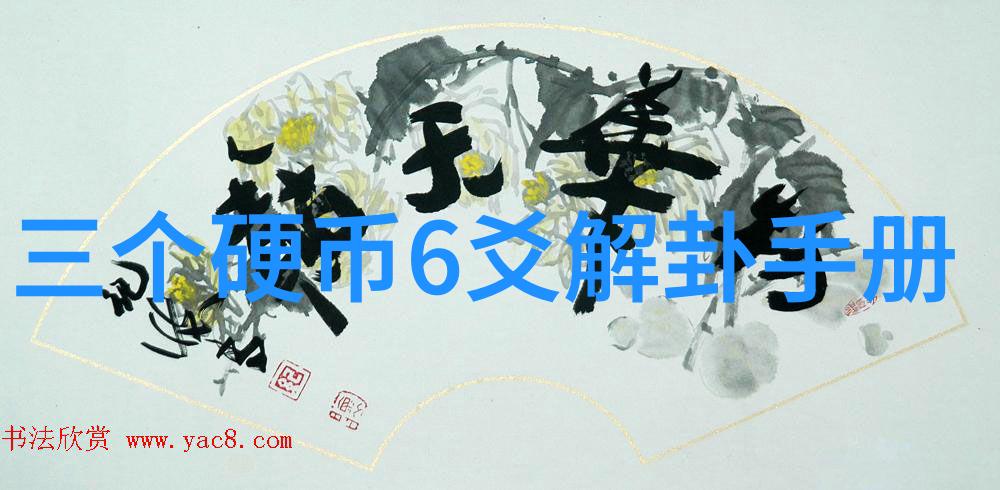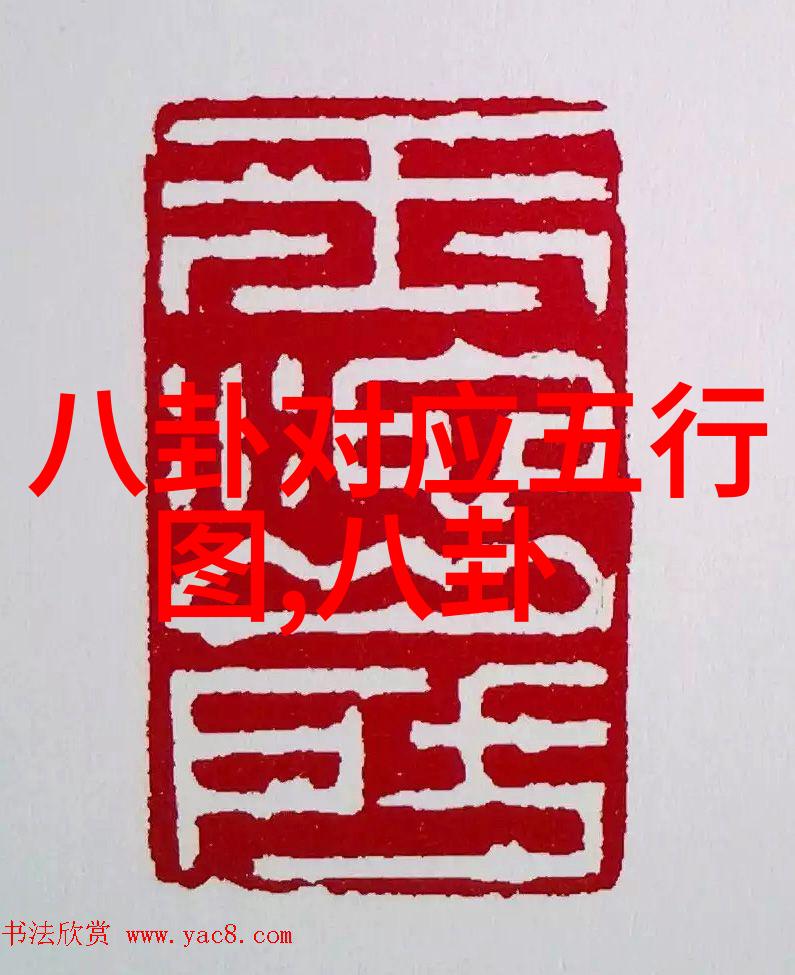Cold Palace Unveiling the Intrigues of Royal Life
Introduction to Cold Palace

Cold palace, also known as cold chamber or ice palace, is a term used in Chinese history to describe the isolation and confinement experienced by royal family members who were demoted from their positions or placed under house arrest. This phenomenon was particularly prevalent during the Qing dynasty, when emperors would often exile their relatives to remote locations as a means of maintaining power and control within the imperial family.
The Concept of Cold Palace in Television Dramas

In recent years, television dramas have played an increasingly important role in popularizing historical events and cultural practices such as cold palaces. These dramas provide audiences with a glimpse into the lives of royal figures who lived through these extraordinary circumstances, allowing viewers to empathize with their struggles and gain a deeper understanding of historical events.
The Significance of Cold Palace Themes in Modern Society

The themes presented in cold palace dramas are highly relevant to modern society, touching upon issues such as power dynamics within relationships, social status inequality, and personal sacrifice for the sake of others. These themes resonate deeply with contemporary audiences who can identify parallels between past experiences and present-day challenges.
Case Study: "Cold Palace" TV Drama Series

One notable example is "Cold Palace," a television drama series that premiered on China's Hunan Satellite TV channel in 2019. Based on real-life historical records from the Qing dynasty era (1644-1912), this show explores various aspects related to life inside a cold palace including political intrigue, romantic entanglements between royals, emotional turmoil faced by characters due to isolation & loneliness etc.
5.Conclusion: A Reflection on Historical Relevance & Cultural Impact

In conclusion "Cold Palace" offers more than just entertainment; it provides valuable insights into our collective past while sparking meaningful conversations about today's societal norms & values.
It serves not only as an educational tool but also bridges gaps between generations by making complex histories relatable for younger audiences.
Through its portrayal of trials & tribulations faced by individuals confined within 'cold palaces', we gain empathy towards those whose stories may otherwise be overlooked or forgotten.
Ultimately it underscores how even seemingly isolated periods offer rich opportunities for exploration & contemplation – inviting us all along this journey through time together!



